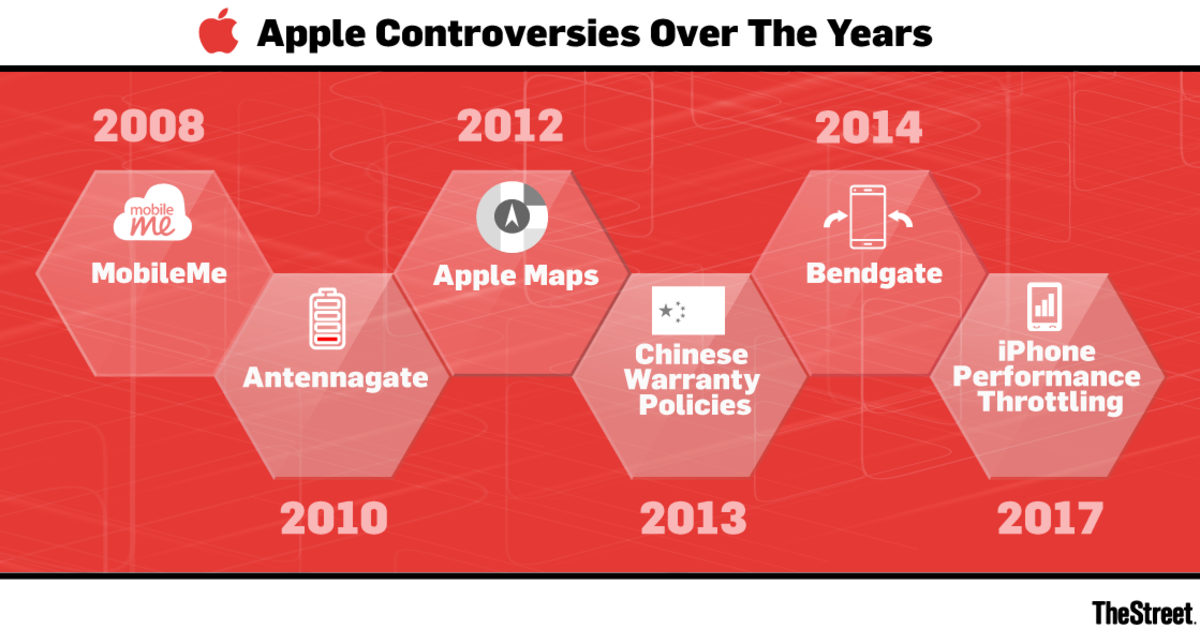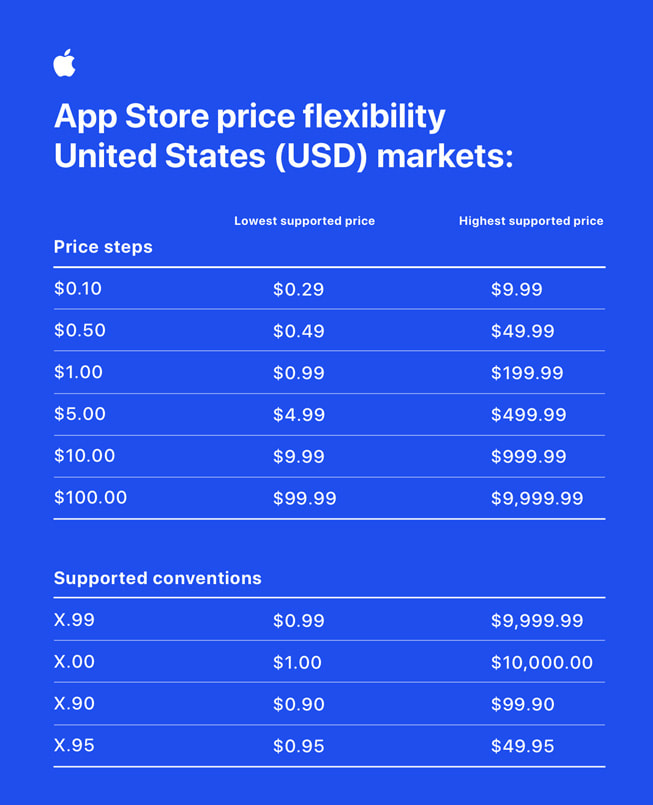The Digital Markets Act (DMA) has emerged as a pivotal regulation within the European Union, aiming to ensure fair competition and consumer choice in digital markets. Recently, the European Commission found that tech giants such as Apple and Google are failing to comply with this groundbreaking legislation. Apple’s non-adherence centers around its interoperability obligations with iOS, a stipulation that is crucial for third-party integration. Simultaneously, Google faces scrutiny regarding its Search and Play platforms, which are seen as favoring its own services over competitors, contradicting the principles outlined in the DMA. As the situation unfolds, the implications of these violations resonate deeply, affecting both consumers seeking better options and the tech industry at large, particularly in light of Apple Google DMA violations and the need for compliance with interoperability standards.
The EU Digital Markets Act represents a significant legal framework designed to regulate the conduct of major digital service providers. As the European Commission takes steps to enforce compliance, concerns are rapidly surfacing around the interoperability obligations that companies like Apple and Google must observe. These obligations are vital for encouraging a competitive environment that fosters innovation and provides consumers with choices that extend beyond the existing ecosystem. An examination of Google Play compliance underscores the need for app developers to have the freedom to direct users to better, alternative options, which has become a contentious issue. Thus, the necessity for Apple iOS interoperability and Google’s adherence to fair marketplace practices not only affects the companies themselves but also the very fabric of digital marketplaces across Europe.
Understanding the EU Digital Markets Act: Impact and Implications
The EU Digital Markets Act (DMA) represents a significant regulatory framework aimed at ensuring fair competition in the digital landscape. It targets major tech companies, referred to as ‘gatekeepers’, mandating compliance to prevent anti-competitive practices. This legislation emphasizes interoperability, which is crucial for maintaining a level playing field among app developers and service providers. The act threatens substantial penalties for violations, thus making it imperative for companies like Apple and Google to reassess their market strategies and operational compliance.
For businesses operating in the EU, the DMA’s implications are profound. It requires not only adherence to interoperability obligations but also transparency in how services are presented to consumers. This shifts the responsibility onto companies to innovate in ways that enhance consumer choice without resorting to monopolistic tactics. As the European Commission enforces these regulations, tech giants must consider their roles in fostering a collaborative digital environment, ultimately benefiting consumers by expanding access to diverse services.
Apple’s Compliance with Interoperability Obligations
Apple’s recent challenges under the Digital Markets Act illuminate the pressing need for compliance with interoperability obligations. The European Commission has mandated that Apple allow third-party products, such as smartwatches and headphones, to seamlessly integrate with iOS. This adjustment is not just about technical changes; rather, it represents a cultural shift within Apple’s operational framework that traditionally prioritizes proprietary ecosystems. The requirement aims to empower developers and consumers alike with broader choices, fostering an environment ripe for innovation.
Despite Apple’s concerns regarding the regulatory constraints imposed by the DMA, it’s essential to recognize the potential benefits of compliance. By enhancing interoperability, Apple opens itself to a wider array of third-party applications and services, which can lead to improved user experiences and potentially greater satisfaction. As the Commission assists Apple in navigating these changes, the challenge lies in balancing the company’s innovative spirit while adhering to the mandated requirements, ensuring that consumers in Europe can benefit from a more inclusive digital marketplace.
Google’s Compliance Challenges: Search and Play Violations
Google faces significant hurdles in ensuring compliance with the EU Digital Markets Act, particularly concerning its Search and Google Play platforms. The European Commission has identified that these platforms favor Google’s services over competitors, jeopardizing fair competition principles mandated by the DMA. Google’s approach to presenting search results—often prioritizing its own products—paints a troubling picture of non-compliance that may restrict consumer access to diverse options.
Moreover, the implications for app developers using Google Play are considerable. The Commission has noted how current practices prevent developers from effectively promoting alternative, potentially cheaper options to consumers. Such restrictions not only tarnish Google’s image but also contest its foundational goal of facilitating a competitive online marketplace. As Google responds to these critiques, it must navigate the fine line between maintaining its service integrity and adhering to EU regulations, as failure to do so could lead to stricter penalties and further scrutiny.
The Detrimental Impact of Regulatory Overreach on Innovation
As companies like Apple and Google grapple with compliance issues stemming from the Digital Markets Act, many industry experts raise concerns about the potential for regulatory overreach to stifle innovation. Apple has expressed that the DMA mandates could shackle its ability to create new features, leading to a situation where the company might have to offer its innovations to competitors for free. This scenario could not only frustrate Apple’s business model but also curtail the dynamic spirit of technological advancement that benefits consumers.
In a similar vein, Google has articulated worries that regulatory findings relating to its Search and Play platforms could inhibit user experience. By necessitating changes that prioritize fairness over functionality, there’s a risk that the ease of finding relevant information or accessing apps could diminish. Striking the right balance between consumer protection and promoting innovation is crucial, as excessive regulation might backfire, leading to a stagnated digital landscape devoid of competitive edge.
Advantages and Opportunities of the Digital Markets Act
While the Digital Markets Act imposes stringent requirements on tech giants like Apple and Google, it also presents unique opportunities for the industry as a whole. By fostering a more equitable marketplace, the DMA encourages a renaissance of innovation from third-party developers and smaller companies. As interoperability becomes a standard feature, there are prospects for innovative applications and integrations that can emerge, pushing the boundaries of what consumers expect from digital products.
Moreover, the DMA could lead to enhanced consumer trust and satisfaction. As users gain access to a wider variety of interoperable services across different platforms, their confidence in digital ecosystems will likely increase. In this regard, the EU’s regulatory initiative can be seen not just as a challenge for tech giants but as a catalyst for creating a more diverse and competitive market landscape, ultimately benefitting the end-users in Europe and beyond.
Enforcement Measures and Penalties Under the DMA
The enforcement framework of the Digital Markets Act establishes clear penalties for non-compliance, making it crucial for companies like Apple and Google to comply promptly. The European Commission has the authority to impose hefty fines—up to 10% of a company’s global turnover—in cases where breaches of regulation are identified. This creates a pressing need for compliance within specified timelines, focusing tech companies’ attention on adjusting their practices to meet these legal standards.
In addition to monetary penalties, persistent violations of the DMA could lead to more severe consequences, including stricter oversight and operational changes dictated by the Commission. As regulatory scrutiny intensifies, both Apple and Google must re-evaluate their business models to align with EU expectations, embracing a culture of compliance not just as a legal obligation but as a strategic necessity to maintain their market positions.
Impacts on European Consumers and Market Dynamics
The ramifications of the Digital Markets Act extend beyond tech giants; European consumers stand to gain significantly from its implementation. Ensuring interoperability means that users can choose from an array of products and services that seamlessly work together, enhancing their overall digital experience. This shift is particularly significant in Apple’s ecosystem, where historically, users were somewhat confined to Apple’s offerings. By increasing interoperability, consumers will enjoy greater freedom and choice in the digital marketplace.
Furthermore, market dynamics are expected to shift as smaller developers gain a foothold. With regulations preventing gatekeepers from stifling competition, the barriers to entry for new startups and developers are lowered. Consumers can expect a surge of innovation as these companies bring fresh ideas and unique products to market, driving continued progress in technology. This transformation could ultimately redefine consumer expectations in the digital age, moving towards a more inclusive and diverse digital economy.
Future Prospects of Technology Companies in Light of the DMA
Looking ahead, the future of technology companies in Europe is set to change significantly due to the Digital Markets Act. As Apple and Google adapt to the regulatory landscape, they may be compelled to rethink their business strategies to maintain competitiveness while complying with interoperability obligations. Innovations that prioritize user choice and collaboration with third-party developers could become staples of these companies’ operations, shaping the direction they take in the upcoming years.
Moreover, the DMA is likely to inspire similar regulatory frameworks in other regions as governments recognize the need to curb the dominance of major tech platforms. Companies operating globally must prepare for an era where compliance with varied regulations becomes the norm. The agility to navigate these laws while fostering innovation will be pivotal to their long-term success in the dynamic digital marketplace.
The Role of the European Commission in Digital Market Regulation
The European Commission plays a crucial role in overseeing the implementation of the Digital Markets Act, acting as both enforcer and facilitator of fair competition in the digital realm. By closely monitoring compliance and responding to violations, the Commission ensures that larger tech companies adhere to regulations designed to protect consumers and level the playing field. Its proactive approach seeks to foster an environment in which smaller players can thrive, ultimately benefiting the economy.
Additionally, the Commission serves as a mediator between regulatory requirements and company concerns. By providing guidance and support during transitional phases, it helps companies like Apple and Google make necessary adjustments without compromising their innovation capabilities. The Commission’s informed and balanced approach to regulation is vital for establishing a digital market that prioritizes both competitiveness and consumer rights.
Frequently Asked Questions
What is the Digital Markets Act and how does it affect companies like Apple and Google?
The Digital Markets Act (DMA) is a regulation by the European Commission aimed at ensuring fair and open digital markets. It imposes specific obligations on large tech companies, designated as gatekeepers, such as Apple and Google. These obligations include ensuring interoperability and preventing anti-competitive practices. Recent findings indicate that both Apple and Google are violating the DMA by not complying with interoperability requirements and unfairly promoting their own services.
What are the interoperability obligations under the EU Digital Markets Act?
Interoperability obligations under the EU Digital Markets Act require gatekeeper platforms like Apple to allow third-party products to integrate seamlessly with their ecosystem. For example, Apple must modify its iOS to enable compatibility with non-Apple devices like smartwatches and headphones. This change aims to foster innovation and provide consumers in Europe with a wider range of product options.
How is Google Play violating the Digital Markets Act?
Google Play is found to be in violation of the Digital Markets Act because it restricts app developers from directing customers to other channels for better offers. This limits competition and does not allow developers to inform consumers about alternative, often cheaper, options. The European Commission has mandated that Google must implement changes to comply with these requirements and ensure fair treatment for third-party developers.
What are the consequences of Apple’s non-compliance with the Digital Markets Act?
As a result of Apple’s non-compliance with the Digital Markets Act, the European Commission has issued legally binding decisions requiring the company to make specific changes to its iOS to enhance interoperability. Apple must implement these changes within a set timeline, or it could face penalties. Apple has expressed concerns that these requirements may hinder its ability to innovate and negatively impact its users.
How does the Digital Markets Act impact competition in digital markets?
The Digital Markets Act aims to enhance competition in digital markets by imposing obligations on major tech companies to ensure fair practices. By enforcing interoperability and preventing the prioritization of their own services, the DMA intends to create a level playing field for all market participants, thereby fostering innovation and providing consumers with more choices.
What actions has the European Commission taken against Google regarding the Digital Markets Act?
The European Commission has communicated preliminary findings that Google is violating the Digital Markets Act by favoring its own services on Google Search over those of its competitors. Additionally, Google Play has been flagged for not allowing app developers to promote alternative purchasing options. The Commission’s findings necessitate significant adjustments from Google to comply with DMA requirements.
What are the implications of the Digital Markets Act for consumers in Europe?
The implications of the Digital Markets Act for consumers in Europe include increased access to a broader range of products and services that are compatible with major tech ecosystems like Apple’s and Google’s. Enhanced interoperability may lead to more competitive prices and innovations, offering consumers better options that align with their preferences.
Can Apple and Google challenge the findings related to the Digital Markets Act compliance?
Yes, Apple and Google have the option to challenge the European Commission’s findings regarding their compliance with the Digital Markets Act. They can submit formal responses to refute the decisions and may seek legal avenues to contest any required changes, as seen with other companies facing similar allegations.
| Company | Violations of Digital Markets Act | Required Changes | Company Response |
|---|---|---|---|
| Apple | Interoperability obligations in iOS | Modify nine features for interoperability with third-party devices; enhance transparency for developers | Criticism of regulations hindering innovation and requiring free feature access to non-compliant companies |
| Preferential treatment of its own services in Search and restrictions in Google Play | Allow app developers to direct consumers to alternative offers; address unjustified fees | Concerns over altering Search results affecting user experience and introducing security risks |
Summary
The Digital Markets Act (DMA) aims to create a fairer digital economy by regulating powerful tech companies like Apple and Google. Recent findings by the European Commission assert that both companies are in violation of the DMA, necessitating significant changes to their practices. Apple must improve its interoperability with third-party devices, while Google is required to adopt more transparent practices that do not favor its services over those of competitors. These measures are designed to enhance competition and protect consumers in Europe, ensuring they have access to a broader range of products and services.



